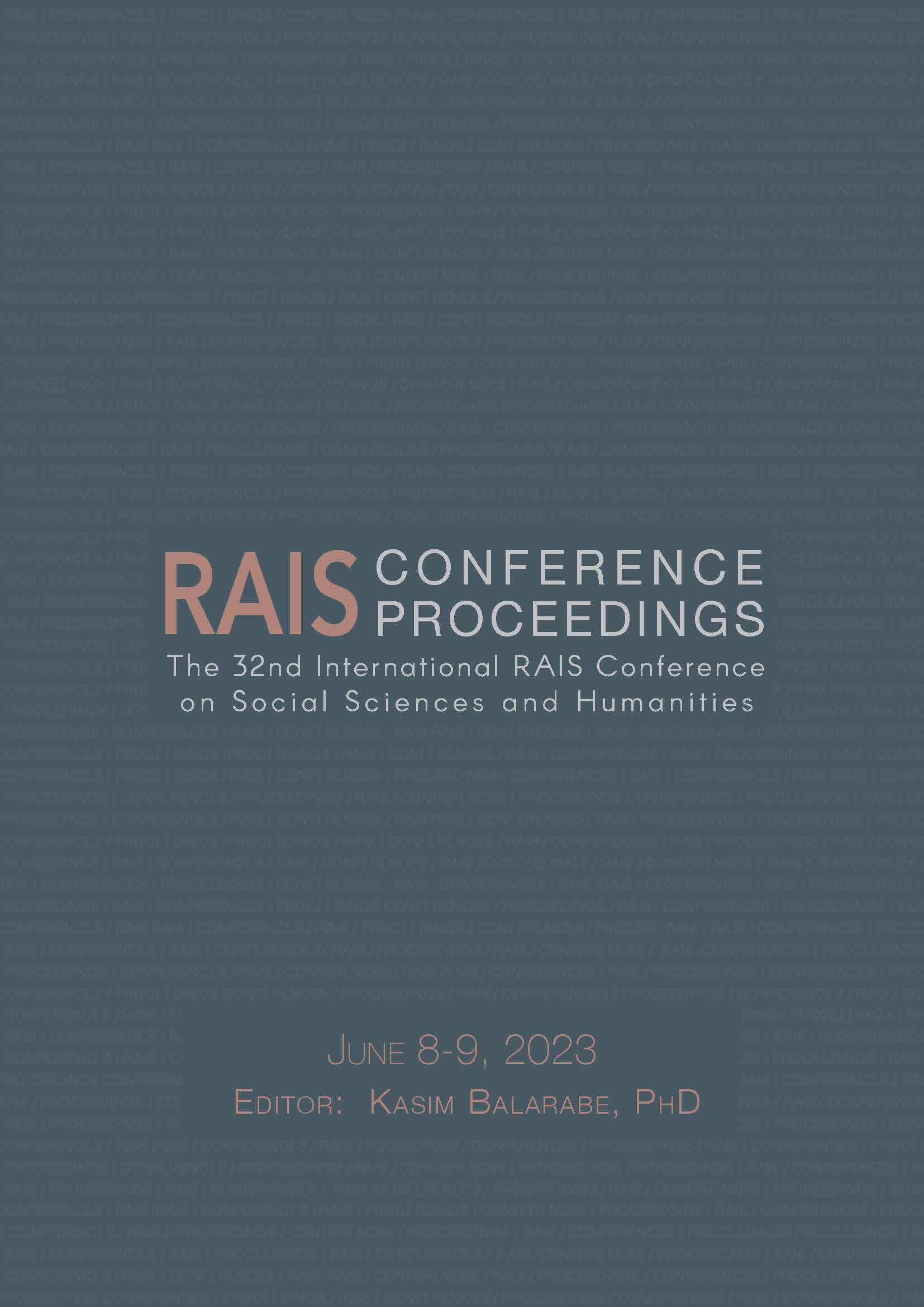Heterodox Science Leadership
Heterodox Science Leadership
Author(s): Julia M. Puaschunder
Subject(s): Higher Education , Behaviorism
Published by: Scientia Moralitas Research Institute
Keywords: Advancement of Science; Collaboration; Colleague Amnesia; Cooperation; Discrimination of Excellence; Economics; Pluralism, Science; Science Diplomacy;
Summary/Abstract: Heterodox science challenges orthodox science. Unorthodox science approaches are heterodox if they apply more unconventional, pluralistic views and methods than the leading orthodox tradition. Heterodox science has been practiced ever since science exists. Heterodox scientists have been fundamental drivers of change through pluralistic innovations in many different fields, such as astronomy, physics, economics as well as behavioral sciences, to name a few. Heterodox science can stem from methodological pluralism in acknowledging and applying different methods than conventional science. Heterodox science can also be a reality check in questioning the validity of prevailing results and state-of-the-art methods. The internal validity gets backtested by replication, which has led to scientific advancements in many fields, most recently notable in the widely discussed replication crisis in behavioral economics. The external validity gets evaluated in a reality check of stylized artificial models for applicability to real-world contexts. For instance, historically external validity tests opened the gates for groundbreaking advancements in physics, macroeconomics as well as behavioral insights. In all these accomplishments of heterodox science approaches though, it is also to note that not all heterodox scientists are successful and sometimes they are doomed to be left on the periphery of discussion and not become influential parts of vibrant communities. This paper addresses the question of why heterodox scientists are sometimes successful in breaking new trends and sometimes they are left in the periphery of scientific discourse and do not claim a leadership role. The paper argues that obstacles for heterodox scientists arise if they engage in the following behavior: (1) an obsessive focus on the critique, which can detach socially; (2) an obsessive focus on discrimination of excellence in trying to bring down those who are in power dominating fields and thereby being distracted from contributing to science in better ways of doing research or providing new results; as well as in (3) colleague amnesia and motivated forgetting of citing colleagues, which harms networking advantages and creates silos of knowledge and self-reinforcing echo-chambers in inefficiently one-dimensional school-thinking. The paper closes by providing recommendations for heterodox scientists, who aspire to become leaders-in-the-field, in pointing at positive critique mechanisms in only commenting on research if being able to show a way how to do it better. Science diplomacy can help educate upcoming researchers to offer critique constructively and in a tactful way. Embracing excellence in honest acknowledgment of colleagues’ accomplishments and whole-hearted efforts to see others’ points of view as well as collaboration attempts with leading scholars are additional strategies to break through with heterodox thoughts without discriminating against excellence. Science advancements to improve the gap between the orthodox and heterodox world include heterodox science ethics and science diplomacy solutions. Open discussions and democratization of knowledge creation can complement the few key journals per field through additional online outlets with international and pluralistic outlooks. Incentivizing collaborations that bridge the divide between orthodox and heterodox scientists is another institutionally-implementable strategy to foster scientific advancement through heterodox ideas. Raising awareness for the concept of colleague amnesia as the motivated forgetting of colleagues’ work appears as a favorable institutional move and proactive community standard that can make science a better, more inclusively innovative world.
Book: Proceedings of the 32nd International RAIS Conference on Social Sciences and Humanities
- Page Range: 55-62
- Page Count: 8
- Publication Year: 2023
- Language: English
- Content File-PDF

